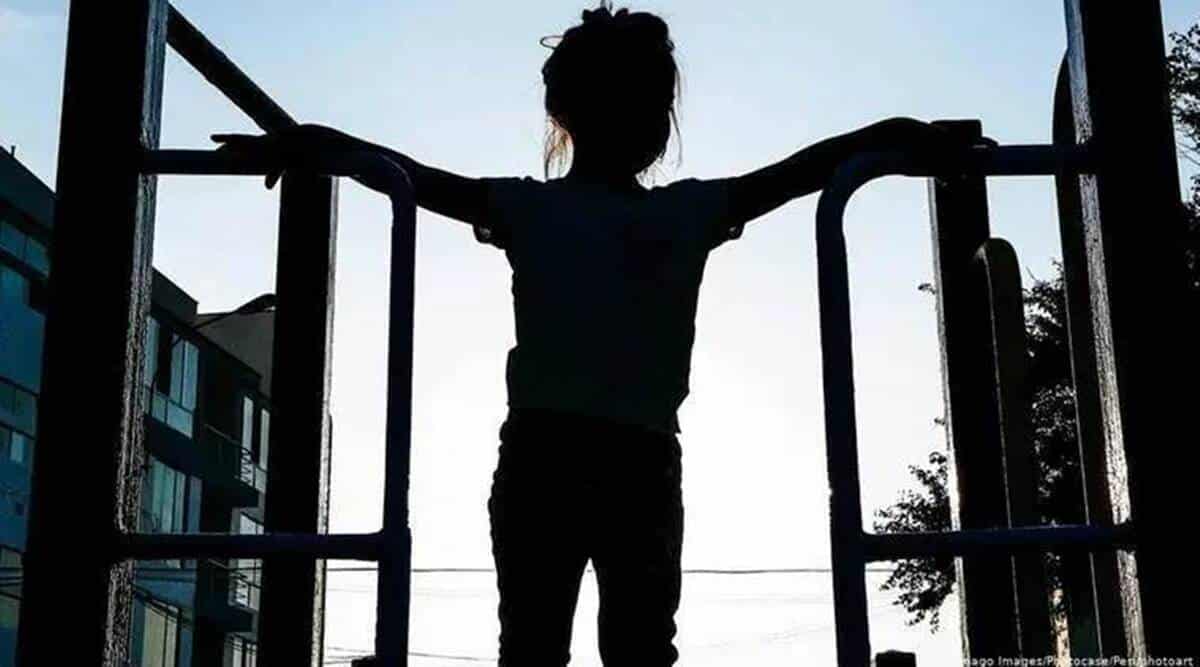What’s in today’s article?
- Why in News?
- The Protection of Children from Sexual Offences (POCSO) Act
- What is the Issue of Minors being Booked for Consensual Act?
- The 22nd Law Commission of India’s Recommendations wrt POCSO
- Why is the Commission against lowering the Age of Consent?
Why in News?
- While the SC and several HCs have underlined concerns over criminalisation of adolescent sex, the 22nd Law Commission of India is not in favour of lowering the age of consent for minors (which is currently 18 under the POCSO Act).
- The Commission (headed by Justice Ritu Raj Awasthi) is set to release its report on the minimum age of consent under the Protection of Children from Sexual Offences (POCSO) Act 2012.
The Protection of Children from Sexual Offences (POCSO) Act:
- About:
- It is the first comprehensive law in the country dealing specifically with sexual abuse of children, enacted in 2012 and is administered by the Ministry of Women and Child Development.
- It was intended to protect children from sexual assault, sexual harassment and pornographic violations, as well as to establish Special Courts for such trials.
- In 2019, the Act was amended to strengthen the penalties for specified offences in order to deter abusers and promote a dignified upbringing.
- Key provisions:
- Gender-neutral legislation: The Act defines a child as “any person” under the age of 18.
- Non-reporting is a crime: Any person in charge of an institution (excluding children) who fails to report the commission of a sexual offence involving a subordinate faces punishment.
- No time limit for reporting abuse: A victim may report an offence at any time, even years after the abuse has occurred.
- Keeping victim’s identity confidential: The Act forbids the disclosure of the victim’s identity in any form of media unless authorised by the special courts established by the Act.
- Concerns:
- Such abuse is on the rise: Particularly since the Covid-19 outbreak, when new forms of cybercrime have emerged.
- Lack of awareness or knowledge: On the part of minor girls, boys, parents and society as a whole.
- Criminalisation of adolescent sex: The CJI D Y Chandrachud asked lawmakers to look into growing concern over criminalisation under the POCSO Act of adolescents who engage in consensual sexual activity.
What is the Issue of Minors being Booked for Minors Consensual Act?
- Minors aged between 16 and 18 who engage in a consensual act that may come under the definition of sexual activity under the law run the risk of being booked under POCSO.
- While these cases of adolescent sex may not necessarily result in conviction of a minor boy, the law is such that it could result in denial of bail and prolonged detention.
- According to a study, one in every four cases under the POCSO Act in West Bengal, Assam and Maharashtra constituted “romantic cases” where the victim was found to be in a consensual relationship with the accused.
The 22nd Law Commission of India’s Recommendations wrt POCSO:
- The Law Commission is of the view that lowering the age of consent may be counterproductive for women.
- The Commission is likely to recommend awareness measures on adolescent health care including making sex education mandatory and teaching the basics of consent under the POCSO Act in schools.
Why is the Commission against lowering the Age of Consent?
- Its decision is influenced by two key issues –
- The government’s proposal to increase the minimum age of marriage for women and
- The incongruity between Muslim personal law and the POCSO law.
- Under the law, the age of consent under the POCSO Act, the age of majority and the minimum age of marriage for women is common – 18 years.
- The Union Cabinet cleared a proposal to raise the legal age of marriage for women from 18 to 21 years to bring it on par with men.
- The government cited gender neutrality, risks of early pregnancies and overall empowerment of women as reasons to increase the age of marriage.
- Under Muslim personal laws, marriage for girls is at puberty, which is presumed to be at age 15.
- This gap between Muslim personal laws and the special legislation is prohibiting child marriage.
- Lowering the age of consent for sexual activity under POCSO could potentially have an impact on these aspects too.
Q1) Why was the Jaya Jaitly Committee constituted?
The government (in 2020) set up a Task Force (headed by Jaya Jaitly) to examine matters pertaining to age of motherhood, imperatives of lowering MMR, improvement of nutritional levels, etc. It recommended to raise the legal age of marriage for women in India from 18 to 21 years
Q2) Who chairs the 22nd Law Commission of India?
The 22nd law panel was constituted for a period of three years on February 21, 2020 and its chairperson, Justice Rituraj Awasthi (retd), assumed office on November 9, 2022.
Source: Concern over minors booked under POCSO: Law panel not for lowering consent age
Last updated on December, 2025
→ Check out the latest UPSC Syllabus 2026 here.
→ Join Vajiram & Ravi’s Interview Guidance Programme for expert help to crack your final UPSC stage.
→ UPSC Mains Result 2025 is now out.
→ UPSC Notification 2026 is scheduled to be released on January 14, 2026.
→ UPSC Calendar 2026 is released on 15th May, 2025.
→ The UPSC Vacancy 2025 were released 1129, out of which 979 were for UPSC CSE and remaining 150 are for UPSC IFoS.
→ UPSC Prelims 2026 will be conducted on 24th May, 2026 & UPSC Mains 2026 will be conducted on 21st August 2026.
→ The UPSC Selection Process is of 3 stages-Prelims, Mains and Interview.
→ UPSC Result 2024 is released with latest UPSC Marksheet 2024. Check Now!
→ UPSC Prelims Result 2025 is out now for the CSE held on 25 May 2025.
→ UPSC Toppers List 2024 is released now. Shakti Dubey is UPSC AIR 1 2024 Topper.
→ UPSC Prelims Question Paper 2025 and Unofficial Prelims Answer Key 2025 are available now.
→ UPSC Mains Question Paper 2025 is out for Essay, GS 1, 2, 3 & GS 4.
→ UPSC Mains Indian Language Question Paper 2025 is now out.
→ UPSC Mains Optional Question Paper 2025 is now out.
→ Also check Best IAS Coaching in Delhi

















